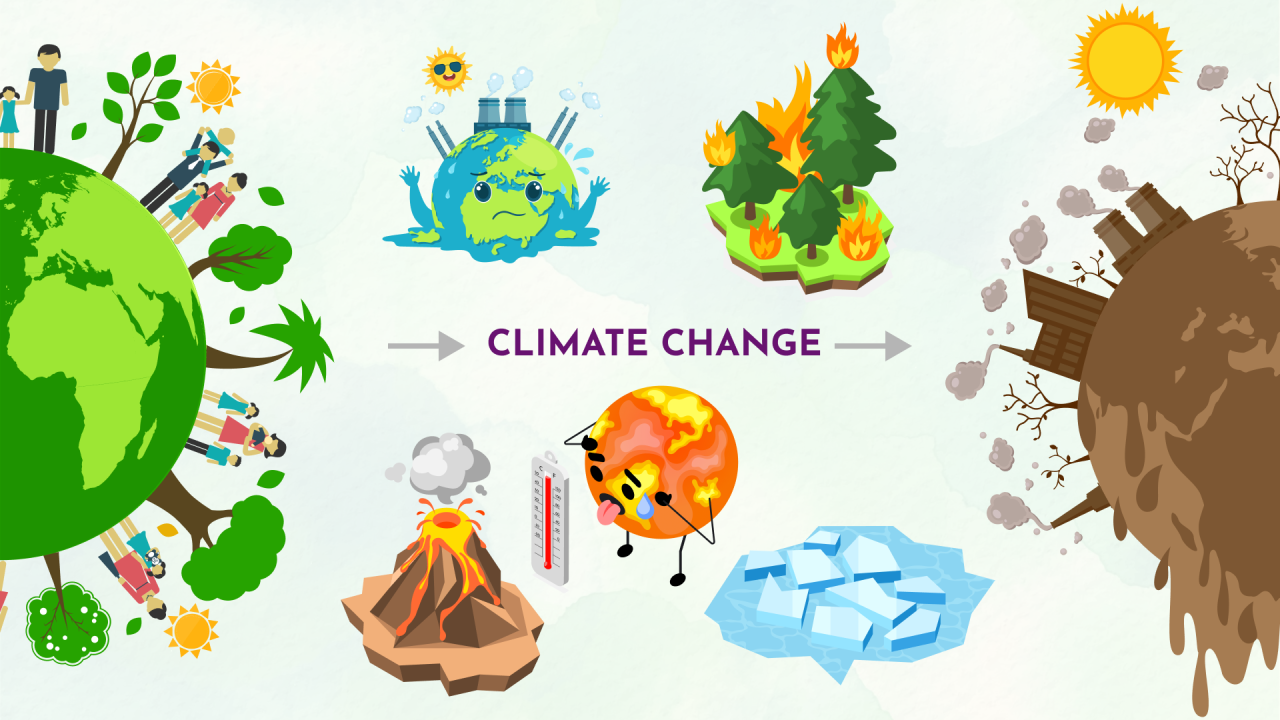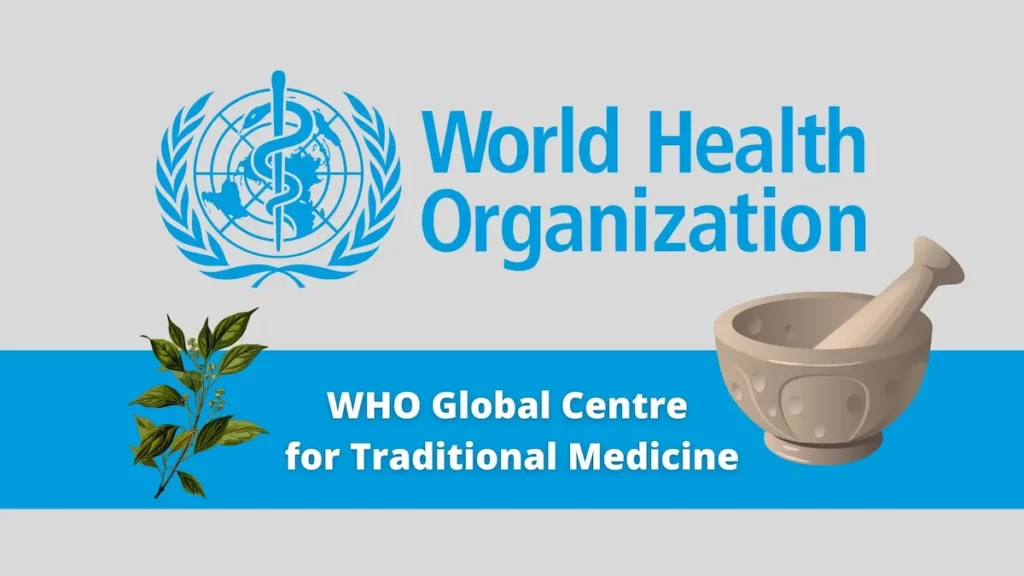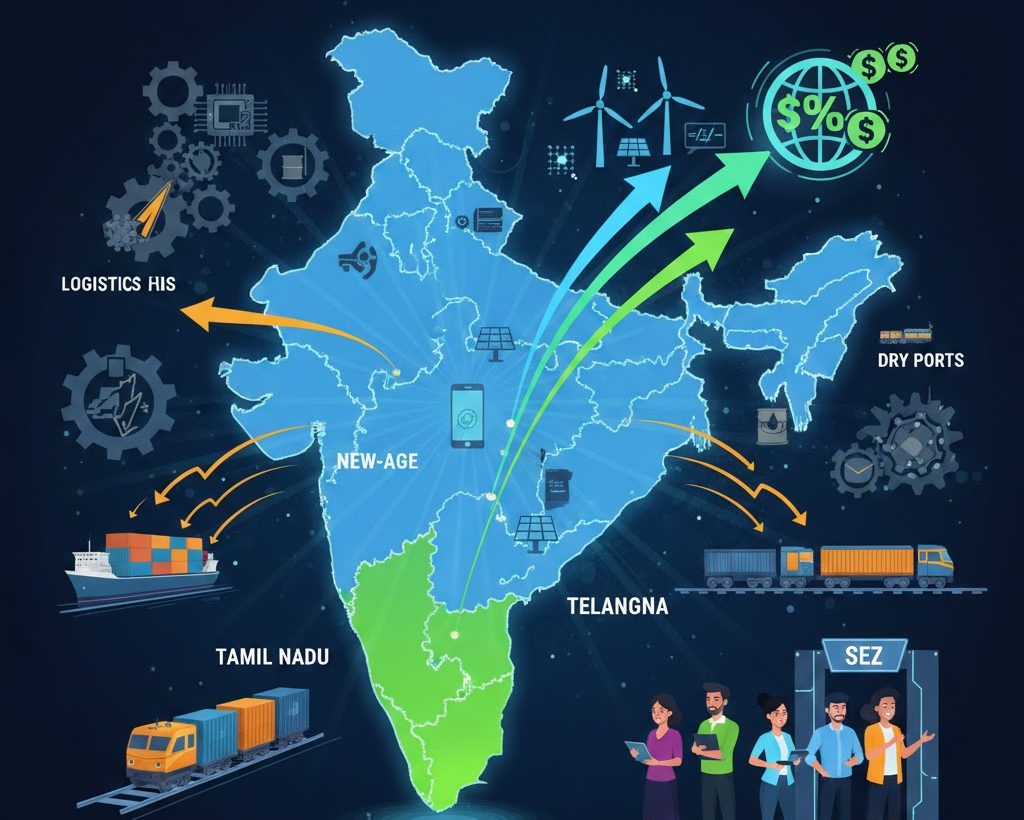Font size:
Print
Extreme Weather as a Global Risk: WEF Global Risks Report 2025
Context:
The World Economic Forum (WEF) Global Risks Report 2025 underscores the growing threat of extreme weather events, particularly due to climate change.
- These events are now considered the most severe long-term global risk, with implications for policy and global collaboration.
Extreme Weather as the Top Long-Term Risk
- Climate Change has driven extreme weather events to remain the top long-term global risk for the second consecutive year.
- These events are classified under “environmental risks” and have been in the top six risks since 2014, regaining the top position in 2024.
- The cost of extreme weather events has risen by nearly 77% over the past five decades, signalling both their growing frequency and economic impact.
Short-Term Risks (2025–2027)
- In the short-term (2025-2027), extreme weather ranks as the second most severe global risk, appearing in the top five risks across 28 countries, up from 24 last year.
- Notable Countries:
- The United States is particularly affected by wildfires, with one in Los Angeles expected to be the costliest blaze in US history, potentially causing losses exceeding $200 billion.
- Twelve countries, including the Dominican Republic, Oman, Bangladesh, and Greece, have ranked extreme weather events among their top three risks.
- In six countries, including Mauritius and Malawi, the risk level for extreme weather has intensified, rising notably in their assessments.
Pollution and Public Health Threats:
- Pollution is a growing global threat, particularly in relation to climate change.
- Unsustainable production and consumption patterns are increasing the pollution of air, water, and land, weakening ecosystems and impacting public health.
- The report emphasises the need to address both climate change and pollution together, as many green transition plans overlook pollution’s health and environmental consequences.
- The report calls for urgent action to tackle short-lived climate pollutants such as black carbon, methane, and hydrofluorocarbons.
Global Climate Change Impact
- Climate change is accelerating involuntary migration and displacement, now ranked as the eighth most severe short-term risk.
- The World Meteorological Organisation (WMO) warns that 2024 surpassed 2023 as the warmest year on record, with global temperatures expected to rise further into 2025, intensifying the impacts of extreme weather.
Environmental Risks and Their Interconnection
- Alongside extreme weather, biodiversity loss, ecosystem collapse, natural resource shortages, and pollution rank among the top ten long-term risks.
- These risks are interconnected with climate change, contributing to a fragile global ecosystem that requires urgent attention.
Interconnected Crises and the Need for Collective Action
- Global crises, from conflicts to climate change, are increasingly interconnected, requiring coordinated, collective action.
- According to Mark Elsner, head of the Global Risks Initiative, WEF, these crises demand a cooperative approach to ensure resilience and sustainability.
The Evolving Global Risk Landscape
- The report highlights the growing complexity of the global risk landscape, shaped by the interaction of technological, geostrategic, climatic, and demographic forces.
- Over the next decade, these forces are expected to intensify, creating a complex web of challenges that will require innovative solutions.
The Global Risks Report 2025 calls for urgent action and global collaboration to mitigate the threats posed by climate change and extreme weather events in both the short and long term.


